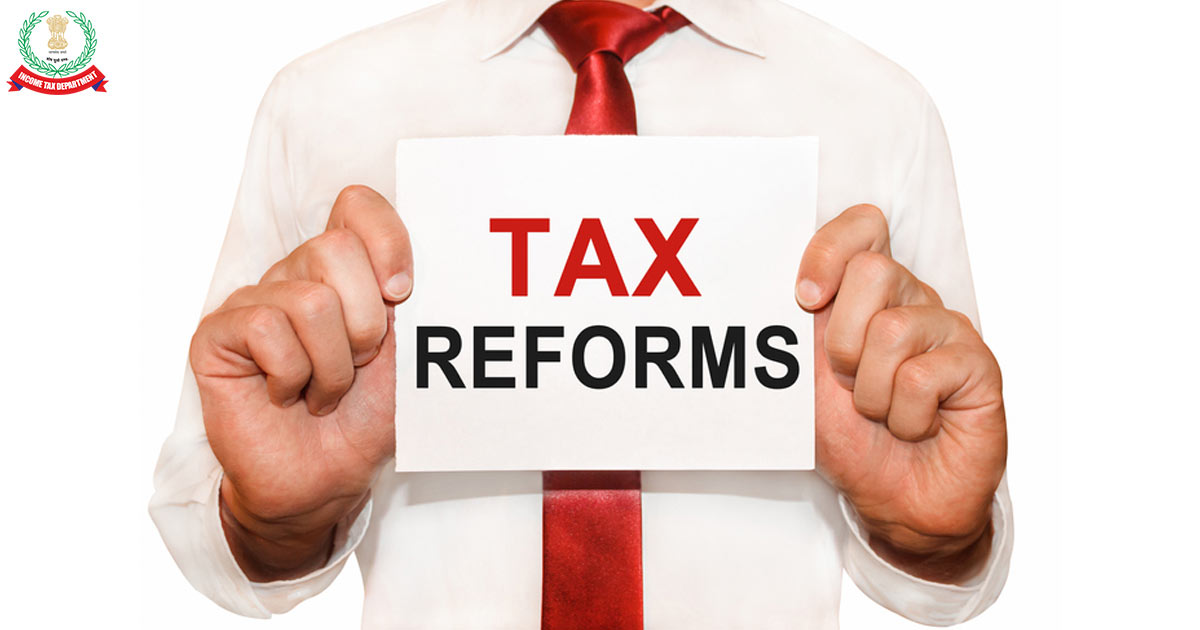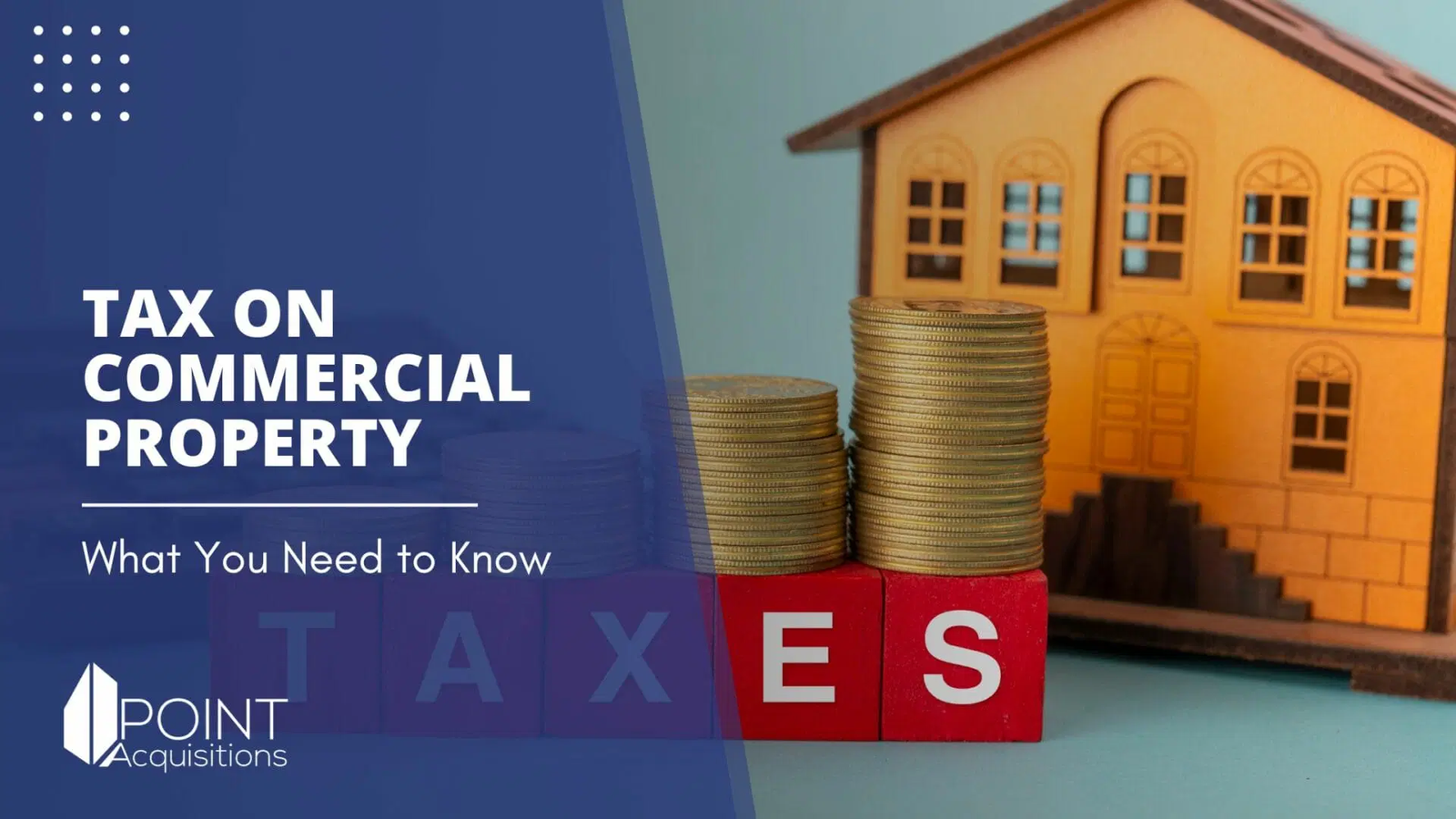Now Reading: UAE Real Estate: 6 Tax Reforms Impacting Global Family Offices
-
01
UAE Real Estate: 6 Tax Reforms Impacting Global Family Offices
UAE Real Estate: 6 Tax Reforms Impacting Global Family Offices

Table of Contents
Tax Reforms : The UAE’s real estate market in 2025, with AED 893 billion ($243 billion) in 2024 transactions and 7-11% rental yields, is a prime target for global family offices, including American ones, drawn to freehold areas like Dubai Marina, Saadiyat Island, and Al Marjan Island.
The UAE hosts 75% of Middle Eastern family offices, with over 800 in Dubai’s DIFC, managing assets projected to triple to $500 billion by 2025. Recent tax reforms, including the 9% corporate tax (effective June 2023, Federal Decree-Law No. 47 of 2022), 5% VAT (Federal Decree-Law No. 8 of 2017), and 15% Domestic Minimum Top-up Tax (DMTT) for multinationals with revenues over €750 million (AED 3 billion) starting January 2025, reshape strategies for family offices investing in UAE real estate.
Below are six key tax reforms impacting global family offices, ensuring compliance with Federal Tax Authority (FTA) regulations while optimizing returns in a tax-free personal income environment.
1. Qualifying Investment Fund (QIF) Tax Exemptions

Reform: Cabinet Decision No. 34 of 2025 clarifies that Qualifying Investment Funds (QIFs) are exempt from 9% corporate tax if real estate assets are below 10% of the portfolio and no single investor (except government entities) holds over 50%. Breaches in ownership diversity are penalized only for the non-compliant investor, with a 90-day grace period annually.
Impact: A family office QIF managing AED 100 million ($27.2 million) in Dubai South properties, with 8% real estate, avoids AED 9 million in tax on AED 10 million profits. Exceeding the 10% threshold taxes 80% of real estate income at 9%.
Action: Diversify portfolios to stay below 10% real estate and monitor ownership to maintain 7-9% tax-free yields, using external audits for compliance.
2. REIT Tax Clarifications
Reform: In May 2025, the FTA clarified that Real Estate Investment Trusts (REITs) remain exempt from corporate tax if regulated by the SCA or DFSA, widely held, and distributing 80% of income annually, per Cabinet Decision No. 34 of 2025. Non-compliant REITs face 9% tax on profits.
Impact: A family office investing in a compliant REIT with AED 20 million ($5.45 million) in Yas Island properties avoids AED 1.8 million in tax, preserving 6-8% yields. Non-compliance risks tax on distributions, impacting returns.
Action: Review REIT structures for SCA/DFSA regulation and distribution compliance, ensuring tax-free dividends with RERA-registered advisors.
3. Tax-Transparent Family Foundations

Reform: Ministerial Decision No. 261 of 2024 allows holding companies owned by qualifying family foundations to elect tax-transparent status, taxing income at the beneficiary level, not the entity, effective January 2025.
Impact: A family office foundation holding AED 50 million ($13.6 million) in Al Marjan Island rentals allocates income to beneficiaries, avoiding AED 4.5 million in entity-level tax. If beneficiaries are individuals without a UAE business license, income may be tax-free.
Action: Update foundation documentation to elect transparency, review cross-border tax implications (e.g., U.S. IRS reporting), and leverage succession planning benefits for 8-10% yields.
4. Domestic Minimum Top-up Tax (DMTT) for MNEs
Reform: Effective January 1, 2025, Cabinet Decision No. 142 imposes a 15% DMTT on multinational enterprises (MNEs) with global revenues over €750 million, aligning with OECD’s Pillar Two to prevent profit shifting.
Impact: A family office MNE with AED 1 billion ($272 million) in global revenue and AED 100 million in Saadiyat Island profits faces a 15% DMTT (AED 15 million) if effective tax rates fall below 15%, reducing 7-9% yields. Smaller family offices are unaffected.
Action: Assess global revenue thresholds and restructure to avoid MNE classification, using free zone entities to minimize DMTT exposure with FTA consultants.
5. Tax Grouping for Related Entities
Reform: Ministerial Decision No. 301 of 2024 allows related entities (e.g., family office subsidiaries) to form a tax group, taxed as a single entity, reducing compliance burdens and offsetting losses, effective for fiscal years starting January 2025.
Impact: A family office with two LLCs—one with AED 10 million ($2.72 million) in Al Reem Island profits, another with AED 5 million in losses—offsets losses, saving AED 450,000 in tax on AED 5 million net profit, boosting 6-8% returns.
Action: Consolidate eligible entities into a tax group, ensuring 95% ownership alignment, and file consolidated returns with FTA-accredited advisors.
6. Enhanced Double Taxation Agreements (DTAs)
Reform: The UAE’s network of over 140 DTAs, including with the U.S., expanded in 2025 to clarify exemptions for foreign-sourced income and permanent establishment rules, per Decision No. 302 of 2024, reducing withholding taxes globally.
Impact: A U.S. family office earning AED 5 million ($1.36 million) from Dubai Marina rentals, paying AED 450,000 in UAE corporate tax, credits this against U.S. tax (21%), avoiding double taxation and preserving 10-15% appreciation.
Action: Report UAE income to the IRS via Form 1118, coordinate with tax advisors to leverage DTAs, and structure investments to minimize foreign withholding taxes.
Why These Reforms Matter for Global Family Offices
These reforms align the UAE with OECD standards, enhancing its appeal as a wealth management hub hosting 800 DIFC-based family offices. The absence of personal income, capital gains, or inheritance taxes, combined with 7-11% yields, outpaces markets like New York (4.2%).
Freehold ownership, Golden Visas (AED 2 million), and proximity to Dubai International Airport (20-45 minutes) drive 45% foreign buyer demand in Dubai’s 2025 market. Strategic compliance ensures tax efficiency for family offices reallocating capital from Europe, where inheritance taxes (e.g., Switzerland’s proposed 50%) loom.
Market Outlook and Challenges
The UAE projects 5-8% price growth in 2025, with freehold zones at 10-15%, but DMTT costs for MNEs, AML compliance, and a potential 10-15% correction in 2026 due to oversupply (41,000 Dubai units) pose risks. Non-compliance with nine-month corporate tax filings or VAT deadlines (28 days post-tax period) incurs penalties up to AED 10,000. RERA-registered agents and FTA consultants are essential for navigating reforms.
Conclusion
QIF exemptions, REIT clarifications, tax-transparent foundations, DMTT for MNEs, tax grouping, and enhanced DTAs are six tax reforms reshaping UAE real estate for global family offices in 2025. These changes balance compliance with OECD standards and tax efficiency, maximizing 7-11% ROI.
American family offices can optimize returns through diversified QIFs, compliant REITs, and DTA credits, ensuring long-term wealth creation in Dubai, Abu Dhabi, and Ras Al Khaimah’s dynamic market. Tax Reforms
read more: Foreign Investors: 7 UAE Real Estate Tax Mistakes to Avoid





















